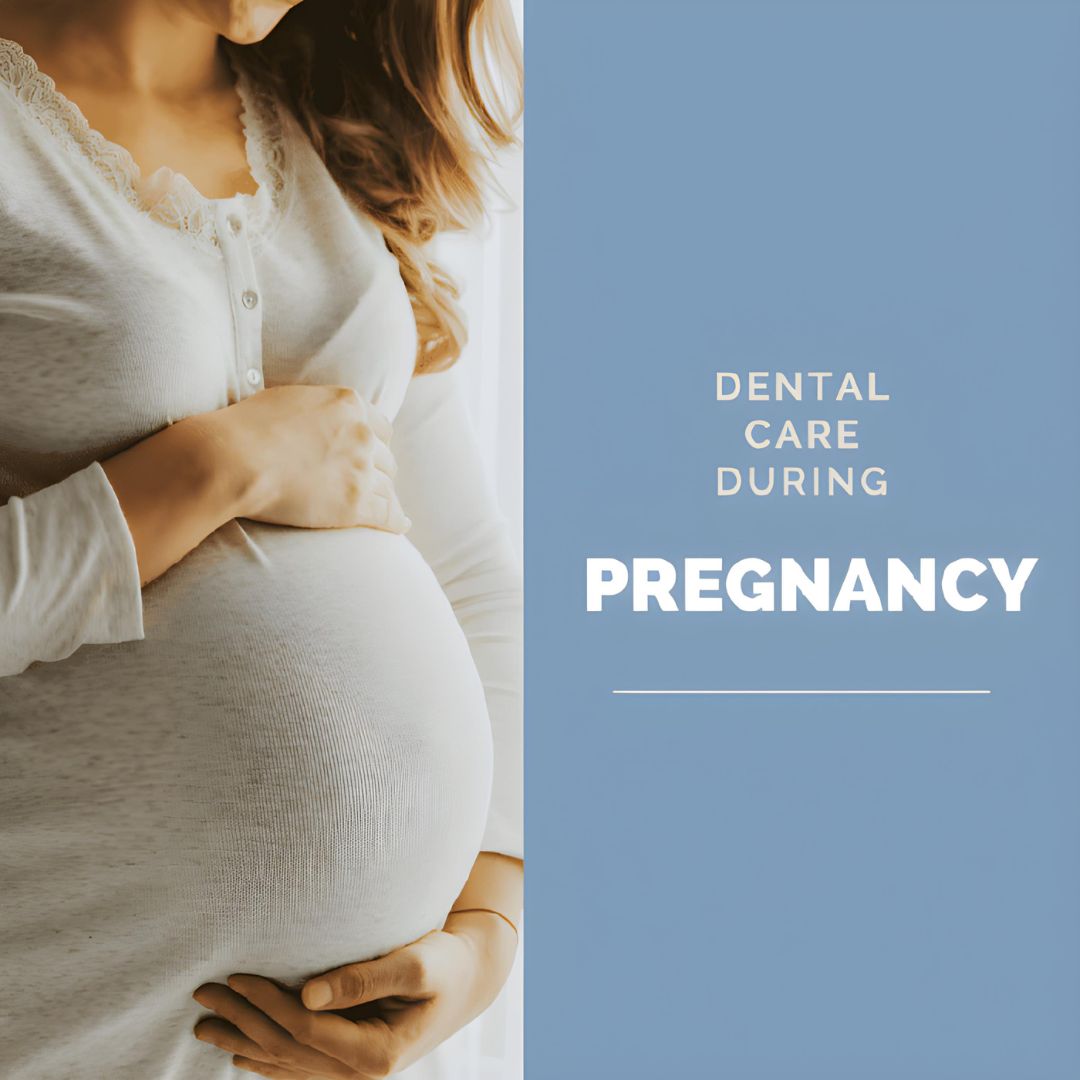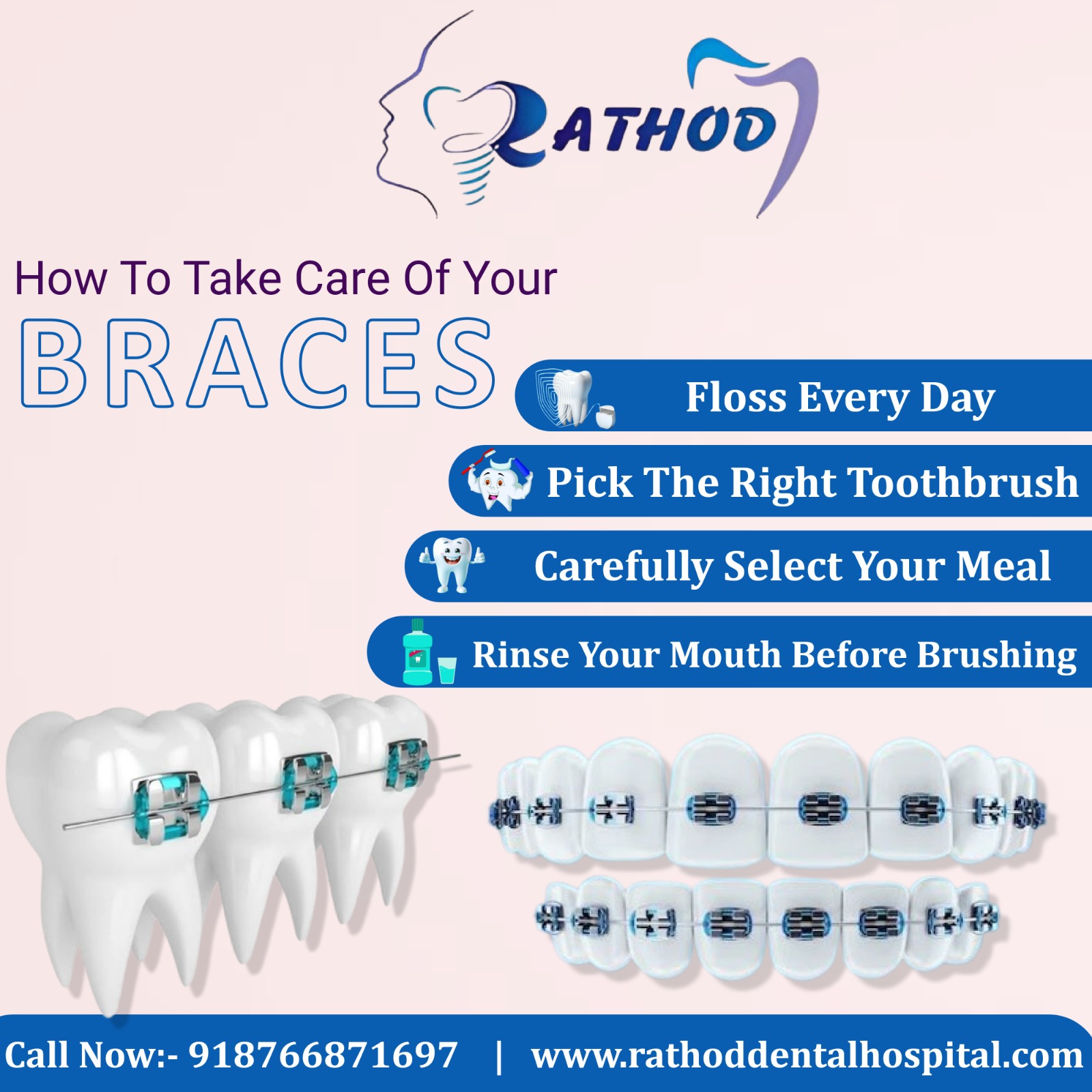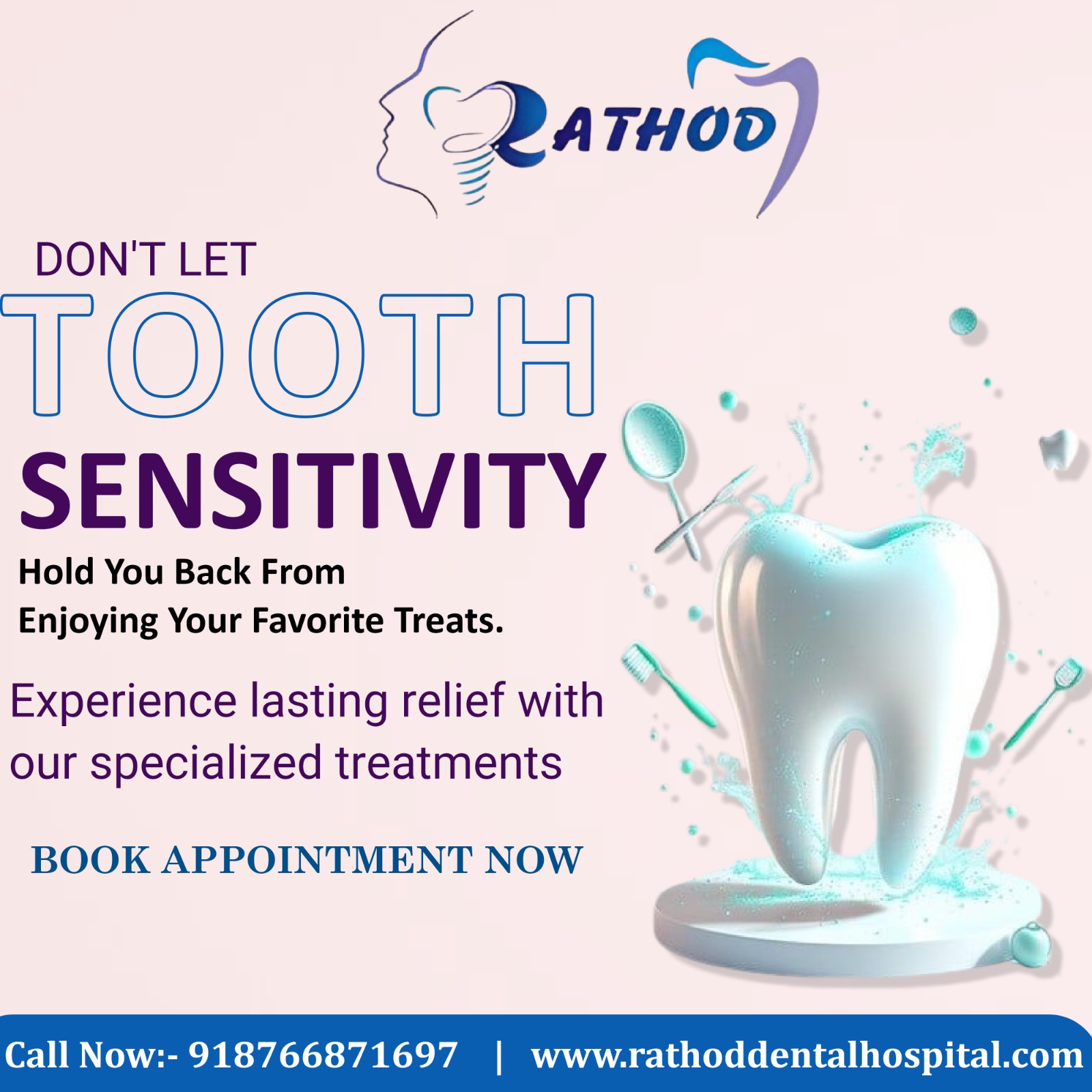
Dental Care During Pregnancy: What Expectant Mothers Need to Know
Dental Care During Pregnancy: What Expectant Mothers Need to Know
As an experienced dental practitioner, I often encounter pregnant patients uncertain about dental care during pregnancy. Let me assure you that maintaining good oral health during pregnancy is not just safe—it's essential for both mother and baby.
Why Dental Care Matters During Pregnancy
Pregnancy brings significant hormonal changes that can affect your oral health. These changes can increase your risk of:
- Pregnancy gingivitis (gum inflammation)
- Tooth decay
- Pregnancy tumors (non-cancerous growths on gums)
- Periodontal disease
Safe Dental Practices During Pregnancy
First Trimester
- Schedule routine dental check-ups
- Focus on thorough oral hygiene
- Avoid elective procedures if possible
- Report any bleeding or gum sensitivity
Second Trimester
- Best time for necessary dental procedures
- Safe for routine cleanings
- Local anesthesia can be administered if needed
- X-rays with proper shielding are safe
Third Trimester
- Continue regular brushing and flossing
- Short dental visits to avoid discomfort
- Emergency procedures can still be performed
- Maintain good oral hygiene habits
Daily Dental Care Tips for Expecting Mothers
1. Brush Thoroughly
- Use a soft-bristled toothbrush
- Brush at least twice daily
- Choose fluoride toothpaste
- Replace toothbrush every 3-4 months
2. Floss Regularly
- Floss at least once daily
- Be gentle around sensitive gums
- Use waxed floss for easier handling
3. Maintain Healthy Diet
- Limit sugary snacks
- Choose calcium-rich foods
- Stay hydrated
- Consider vitamin supplements as prescribed
Managing Morning Sickness
If morning sickness affects your oral care routine:
- Rinse mouth with water after vomiting
- Wait 30 minutes before brushing
- Use salt water rinses
- Consider alcohol-free mouthwash
When to See Your Dentist
Seek immediate dental care if you experience:
- Severe tooth pain
- Swollen or bleeding gums
- Loose teeth
- Persistent bad breath
- Visible growths in the mouth
Safety Considerations
Rest assured that:
- Routine dental care is safe during pregnancy
- Local anesthetics can be safely administered
- Digital X-rays with proper shielding pose minimal risk
- Most antibiotics prescribed by dentists are pregnancy-safe
Conclusion
Maintaining good oral health during pregnancy is crucial for maternal and fetal health. Don't neglect your dental care during this important time. Regular check-ups, proper oral hygiene, and prompt attention to dental issues will help ensure a healthy pregnancy.
Remember: Always inform your dentist about your pregnancy, including how far along you are and any medications you take. This allows us to provide the safest and most appropriate care for you and your developing baby.






